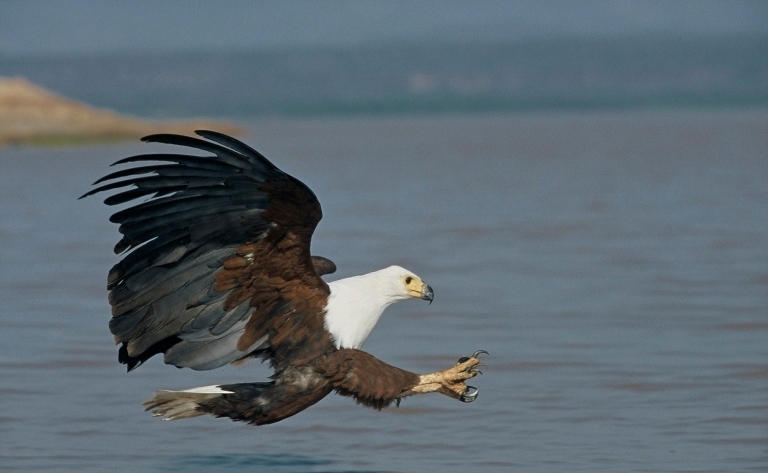Lake Baringo Biodiversity Conservation Group (LBBCG)
Lake Baringo Biodiversity Conservation Group (LBBCG) formed in the year 2008 is a non-profit local environmental group found in Lake Baringo that plays a role in protecting Important Birds and Biodiversity Areas (IBAS). The group aims to promote community awareness on environmental conservation and protection of key species sites and habitats, also encouraging community participation in conservation through capacity building and promotion of sustainable benefits. LBBCG activities include ecotourism, commercial tree seedlings, birding tours, Environmental Education Awareness and Capacity building, Species Monitoring and Biodiversity conservation.

Learn To Conserve For A Better Future
History
Beginning the year 2008, the local tour guides from Birding Kenya witnessed the decline and endangerment of the famous African Fish Eagle found within Lake Baringo, Kenya. The birding enthusiast and locals were concerned about information received about a decline in the population of Fish Eagles for no clear reason and a huge increase in the water level in the lake. Whether this water level increase was good or bad for the general welfare of this vital wetland ecosystem, is a question that we cannot answer with precision without seeking the opinion of a biologist and receiving data to support our hypothesis .The researchers suggest that the decline of the Fish Eagle population in Lake Baringo was being driven by poisoning.
Munir Virani, who is director of Peregrine funds Africa programmes, has been carrying out research in this area, and has blamed this decline in the use of Furadan by farmers to poison crocodiles. Farmers occasionally lace the bodies of dead fish with a toxic pesticide called Furadan. This appears to be aimed at crocodiles that kill their livestock. Farmers use the fish to entice crocodiles into their death, however, not all poisonous fish are eaten by crocodiles, and some end up being eaten by Fish Eagles. If this is done rampantly it can easily wipe out the whole Fish Eagle population in Lake Baringo.
Additionally, the Fish Eagles in Lake Baringo have been trained to be eating dead fish by the local boat operators.

They did this deliberately to allow tourists to have a closer view of this spectacular raptor picking up the fish. However, with farmers putting dead poisonous fish into the lake, Fish Eagles trained to eat dead fish subsequently consume these as well. Although the practice of enticing Fish Eagles with dead fish for tourism purposes has no direct detrimental effects on the species, due to the farmer’s practices this has become a serious concern. Unfortunately, no government institution mandated to protect wildlife has intervened to halt the practice of releasing dead poisonous fish into the lake.
The decline informed locals to come up together and formed a group named the Lake Baringo Biodiversity Conservation Group (LBBCG) as a way to achieve greater conservation impact than the members could acting individually.
LBBCG work is crucial to keep vital habitats and unique species from being lost forever. It does these through science, conservation action, education, tree planting, volunteering, inspiring and mobilizing thousands of people to support conservation thus reducing the most pressing threats to the diversity of life on earth.
